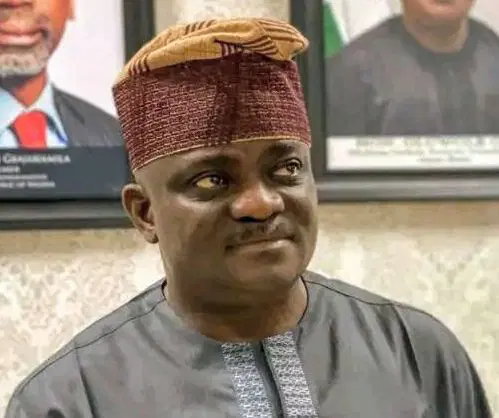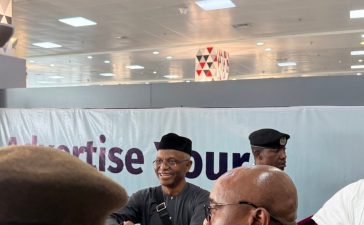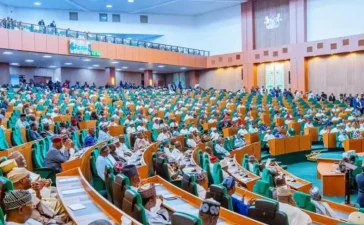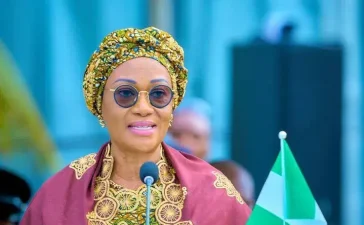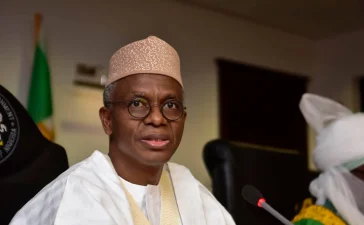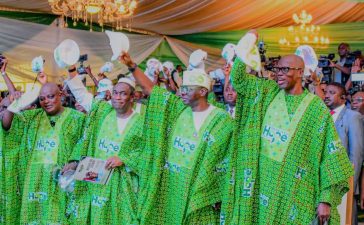Wole Oke, the lawmaker representing Obokun/Oriade Federal Constituency in Osun State, has officially resigned from the Peoples Democratic Party (PDP), citing neglect from the state government and the need to support President Bola Tinubu’s administration.
Speaking during a live radio interview monitored in Osogbo on Wednesday, Oke confirmed that he had submitted his resignation letter to the PDP chairman in Obokun Local Government after “extensive consultations” with party stakeholders and constituents.
“I was part of the foundation of the PDP in Osun and have financed the party for the past 12 years. But for how long will one keep feeding his enemies?” Oke questioned.
He explained that the persistent lack of developmental projects in his constituency under Governor Ademola Adeleke’s PDP-led state government pushed him to rethink his political alignment.
“We’ve assessed the state of our party across all levels, and we came to the realisation that it is time to quit.”
Oke highlighted the rejection of a bill he sponsored for a Federal College of Agriculture in Ijebu Jesa, despite it passing through all legislative stages. He contrasted this with President Tinubu’s approval of a new federal institution in Iragbiji—his mother’s hometown, and not far from his own community.
“President Tinubu recently established a federal institution in Iragbiji. That’s leadership we can connect with.”
The lawmaker also lamented the poor state of rural roads in towns like Imesi Ile, Esa-Odo, and Otan, which remain underdeveloped despite repeated calls for intervention.
“These are roads that farmers rely on to transport goods. I campaigned on this issue for PDP, and nothing changed.”
Oke added that he faced political isolation from Governor Adeleke’s camp, with supporters being branded enemies for associating with him.
“Instead of constant altercations with Governor Adeleke, I decided to leave. He is a king and if you don’t let a king rule the way he wants, you become his footstool.”
He concluded by expressing that his decision to align with Tinubu’s government is based on a shared vision, legacy, and regional loyalty.
“President Tinubu is our father and uncle. We cannot allow him to govern without our support.”

